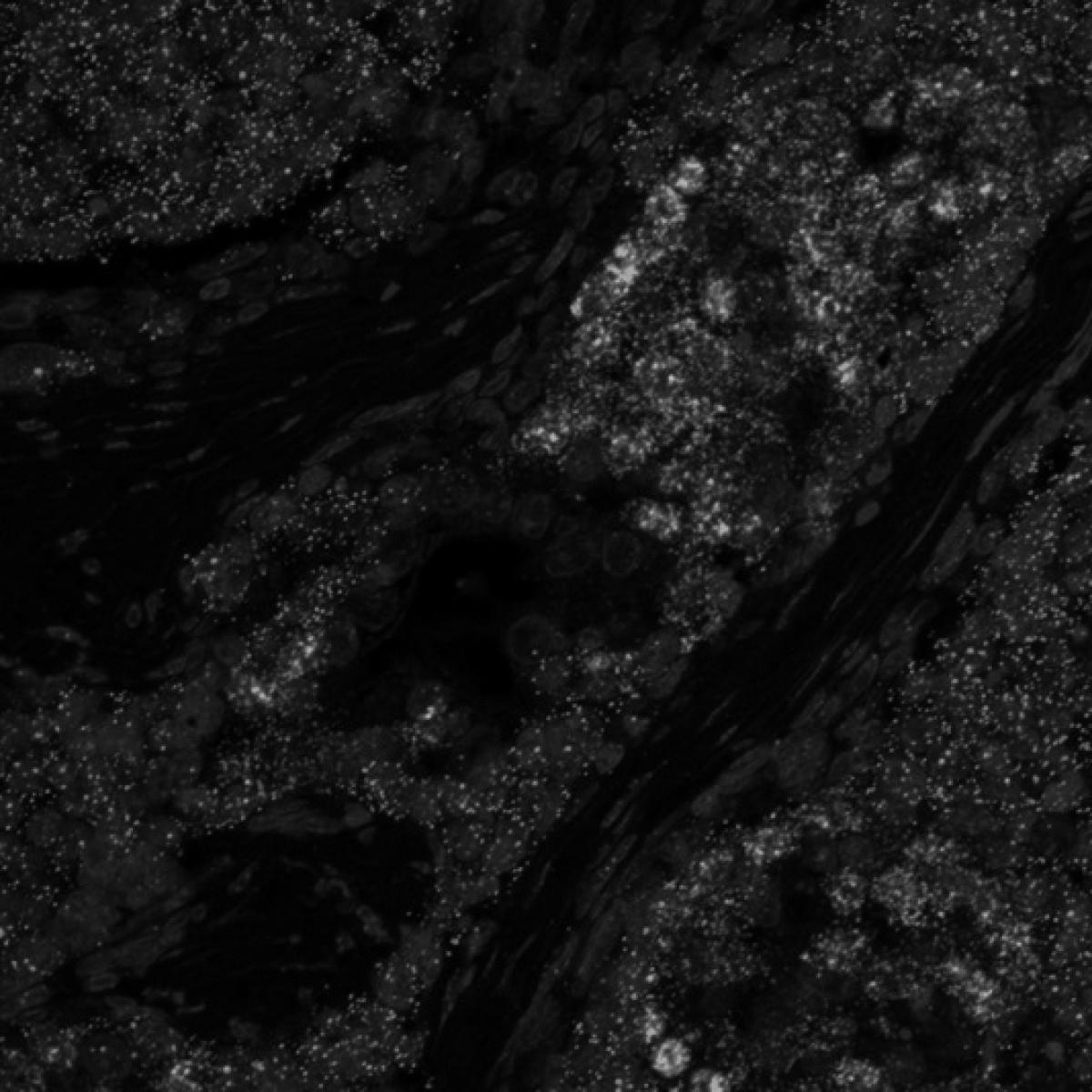
Ajit Divakaruni, Ph.D.
- Assistant Professor, Molecular and Medical Pharmacology

Ajit Divakaruni, Ph.D., studies the intersections of chemistry and biology to understand how mitochondrial metabolism can control cell function and fate. By focusing on the mechanisms of metabolic control, his work can help identify pathways that can be targeted during the treatment of cancer.
Divakaruni studies how energy metabolism and cellular substrate preference can regulate cell function and fate. He focuses on mitochondria, organelles that are chiefly responsible for energy transduction but also involved in biosynthesis, ion and metal homeostasis, redox balance and signal transduction. Rather than target a specific disease or pathology, Divakaruni’s work focuses on general mechanisms of metabolic control.
Methodologically, he integrates bioenergetics, metabolomics and stable isotope tracing and live cell imaging to characterize mitochondrial metabolism in response to physiologically relevant stimuli and drug candidates. His efforts to integrate classic bioenergetics with analytical chemistry to fully reveal mitochondrial mechanisms of action have identified correct mechanisms of action of metabolic drugs.
Divakaruni is committed to improving education opportunities for underrepresented minority groups and takes pride in his role as a scientific and professional mentor to help foster the growth of trainees at all levels.
Research Projects
- Identifying how energy metabolism and metabolic flexibility — the ability to switch between sugar, amino acid and fatty acid oxidation in response to biological cues — can control cell function and fate
- Integrating multiple scientific disciplines to better understand mitochondrial mechanisms, including the important function of energy generation
- Defining how mitochondrial metabolism directly affects innate immunity and which features of macrophage activation are controlled by this metabolic reprogramming In stem cell research, scientists can reprogram cells that have undergone differentiation, such as skin or blood cells, to revert back into an embryonic-like state. The resulting cells are called induced pluripotent stem cells. reprogramming In stem cell research, scientists can reprogram cells that have undergone differentiation, such as skin or blood cells, to revert back into an embryonic-like state. The resulting cells are called induced pluripotent stem cells.
-
Post-doctoral Fellowship
- Pharmacology, UC San Diego, 2017
Degree
- Ph.D., Biochemistry, University of Cambridge, United Kingdom, 2011
-

